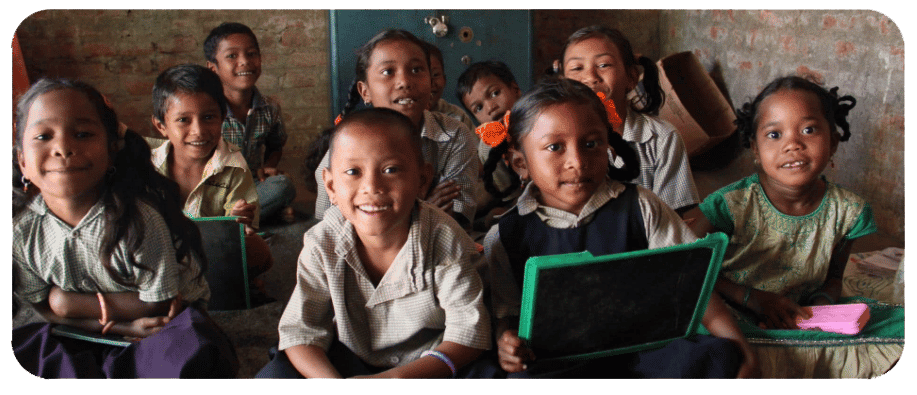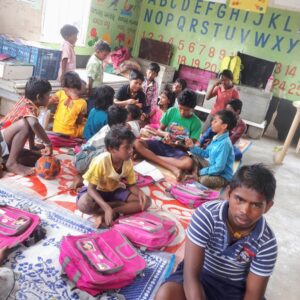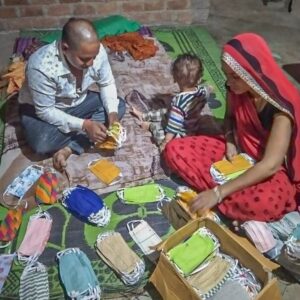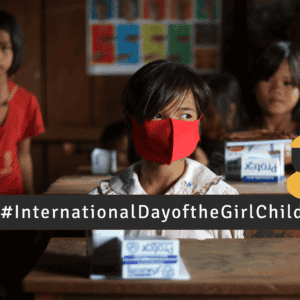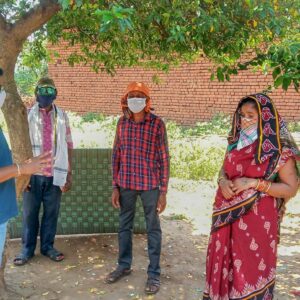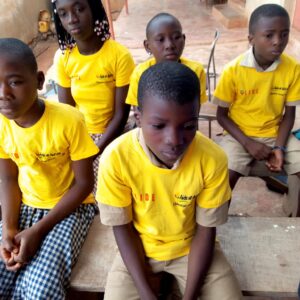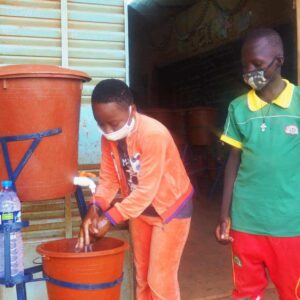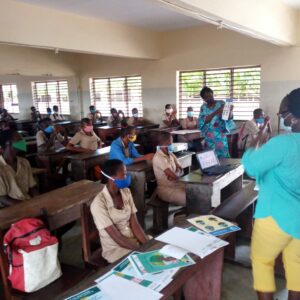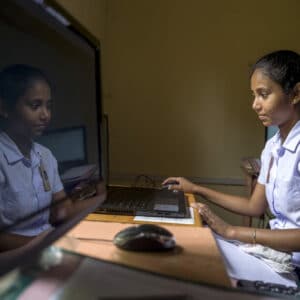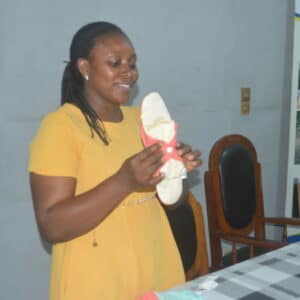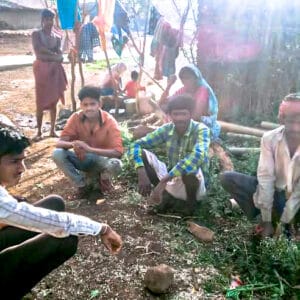Around the world, the COVID-19 crisis has forced countries to close their borders to protect populations from the virus. But despite its health benefits, this decision has caused great economic hardship cross-border workers whose survival on trade and free movement was suddenly interrupted. Now, they are facing destitution.
In Cambodia, land borders remain closed in response to preventive measures against COVID-19. As a result, many locals who depended on cross-border trade with Thailand have been out of work since March and are experiencing mounting hardship.
Chan Srey Neat *, a resident of the border city of Poipet, who used to cross the land border daily to work at Rong Kluea market in Thailand, has seen her town transform over the past nine months. Without the tourism on which it once relied, business is dead.
“We cannot afford to feed our families”
“The situation here has completely changed. The city once thrived on Thai and Chinese commerce, but now it’s so quiet. There are no jobs and we cannot afford to feed our families”, said Srey Neat.
Before the border closed in March, Srey Neat was earning about US$6.50 a day cleaning and selling designer bags for women. Today, Srey Neat’s household income is down more than 67% from a year ago, and her husband’s night job as a butcher cannot support her family of seven. Every month, they have to borrow to survive and they still cannot afford to eat enough every day.
The crisis worsens pre-existing inequalities
According to a report by the Cambodian League for the Promotion and Defense of Human Rights (LICADHO), the economic crisis caused by COVID-19 is exacerbating pre-existing inequalities. 70% of Cambodians living in Poipet are currently in debt ** and two-thirds of workers are now suffering economic hardship as they already struggled to repay loans. This leads them to eat less, take on more debt and migrate in search of work.
Sok Seiha *, a mother of four, depended on her job at a local casino to provide for her family but when COVID-19 hit, the casinos closed. Having never received an education, her illiteracy is an obstacle to finding a new job in an already strained economy. Faced without an alternative, her husband like many other Cambodians, has risked crossing the border illegally into Thailand to find work.
Cross the border, despite the risks
According to local NGOs in the border city, residents are selling everything they own to survive. Srey Neat sold all the families valuables including their smartphone to pay the smuggler’s fees to enable her husband to cross the border. Now, he works transporting goods in a Thai market and earns double what he made as a construction worker in Cambodia. Once a week, Seiha borrows her sister’s phone to talk to her husband, and once every two months her husband comes back across the border to visit his family for a few days, despite the risks of being caught, detained and fined.
While the government and local authorities have given some support to those officially recognized as poor holding “ID poor” cards and to those affected by devastating floods earlier in the year, many vulnerable people are still struggling. Among them, many workers in the informal sectors.
In Nepal, 279,000 seasonal migrant workers impacted
Elsewhere, in Nepal, similar problems have arisen. Due to the containment, the border with India has been closed since March 2020. However, Nepal is bordered by these borders to the south, east and west for about more than 1,800 km. The country imports almost two-thirds of all of its needs, including daily consumer goods, including food, industrial raw materials and petroleum products.
In addition to trade, there are daily border movements due to the social and family ties established on both sides. An estimated 279,000 Nepalese seasonal migrant workers work in India and regularly cross the border to and from work. Likewise, many Indian migrant workers work seasonally in Nepal.
People’s lives are at stake
Due to the border closure, the livelihoods of the population are being severely disrupted. This has led to a sharp rise in the prices of essential items, a scarcity of supply and a loss of jobs. A large number of people however are crossing the land border daily, through an illegal road, increasing the risk of the spread of COVID-19. Therefore, local government representatives and activists are trying to pressure the government for better border management rather than a complete closure; some are even on strike in the border area to demand the opening of the border, believing that people’s lives are at stake.

In emergencies like this, it is the most vulnerable who are hit the hardest. According to a study carried out by a federation of NGOs in May 2020, the “Dalits”, a minority community in Nepal, are disproportionately affected by the situation: 77% of the Dalit population lost their jobs due to the pandemic compared to 25 % of non-Dalits; 50% of Dalits had to look for a new job because they lost theirs for good compared to 23% of non-Dalits; and about 45% of Dalits survive during the pandemic by taking out loans from other people compared to 25% of non-Dalits.
The facts speak for themselves. The COVID-19 crisis, like all the others, is increasing inequalities even further. In Vietnam, Nepal, or elsewhere in the world, the most precarious and marginalized populations are the first victims of these situations. Already particularly fragile, they are then exposed to the greatest dangers. This is why Aide et Action acts primarily with the most vulnerable and supports them on the path to development.
(* The names of vulnerable people have been changed.)
(** Source: NGO Friends International)


